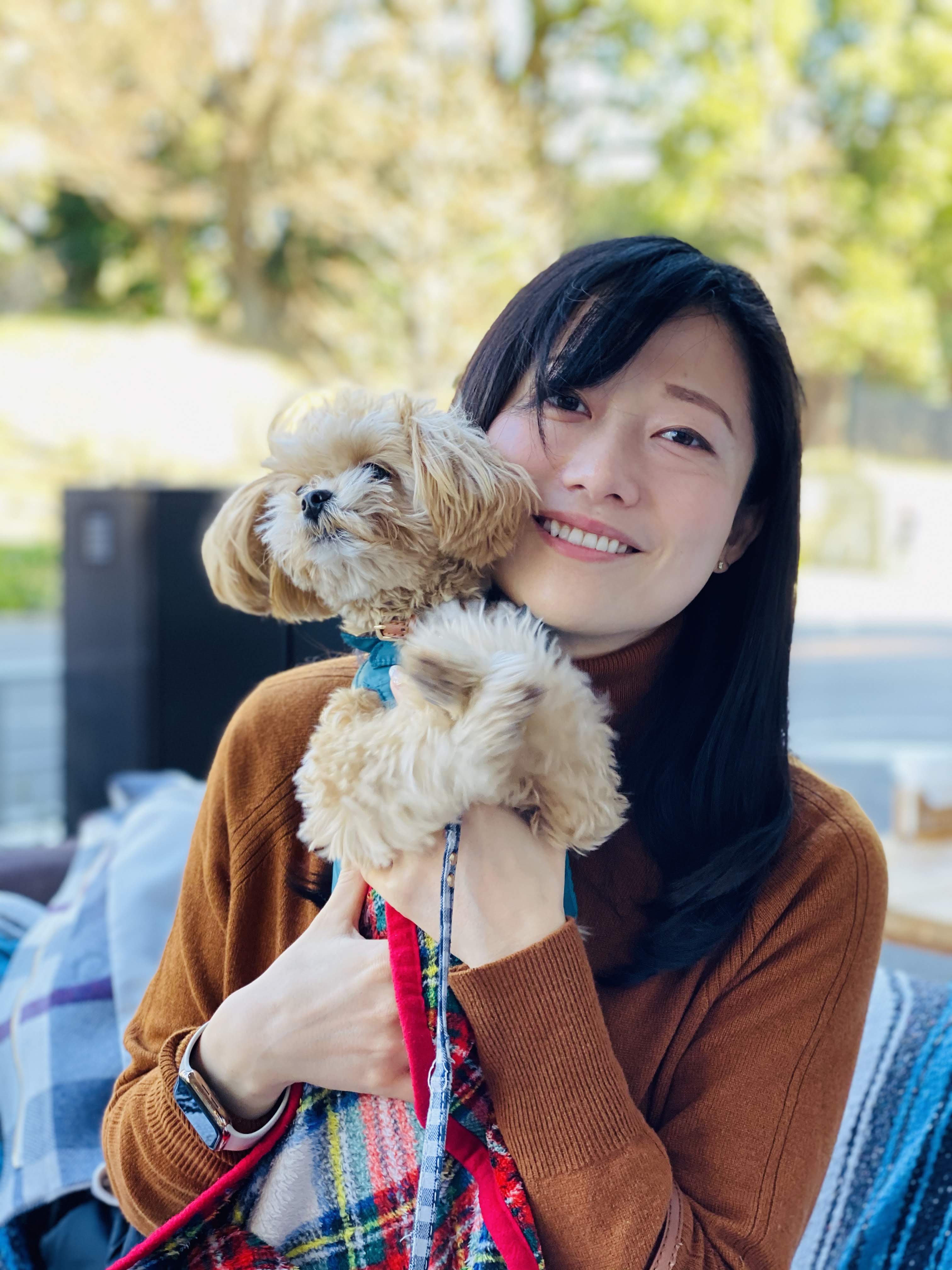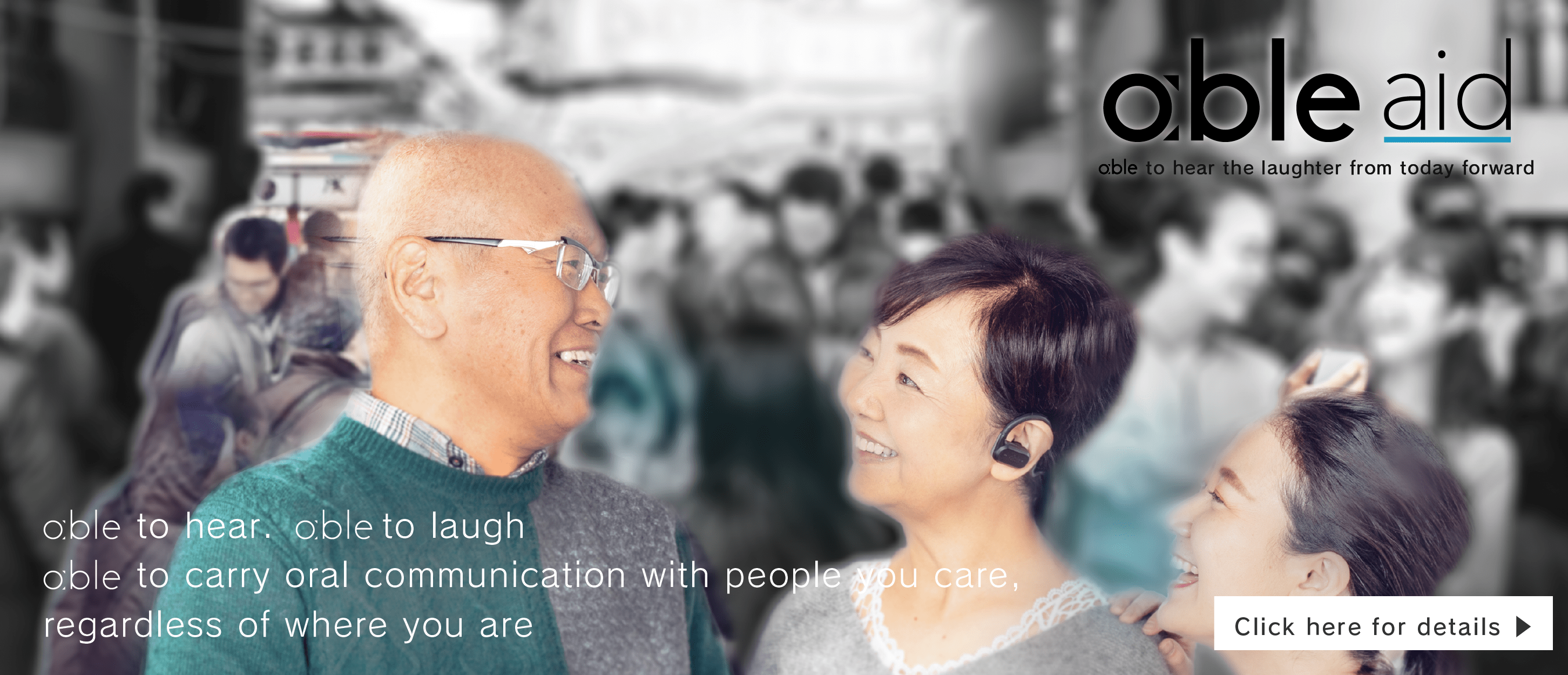
Mother and daughter make use of GoTo Travel Program
The “Go To” travel campaign was launched in July to support businesses affected by the spread of COVID19.
As the scope of the campaign expanded in October to include trips to and from Tokyo and for metropolitan residents, the autumn tourism season has officially taken off.
According to a 2019 survey conducted by OZmall, a reservation service targeting women with over 2.6 million members, nearly 60 percent of the 1,800 correspondents comprised of mothers and daughters said they have been on an onsen trip together.
Out of those who have not been on such trips, nearly 80 percent expressed their willingness for future opportunities. The results indicate a high level of interest in mother and daughter onsen trips.
Let me share with you a truly touching episode that relates to such forms of traveling and sign language that played a key role in the story.
I would encourage anyone with concerns about their hearing abilities to take a look.

Author:Riyo Aomoto
Global Writer
Index
- “Her love boils bathwater” -- a movie about a dying mother and her love towards her daughter
- Key to the story: traveling and sign language
- Travel support using sign language
- Author’s note
“Her love boils bathwater” -- a movie about a dying mother and her love towards her daughter
Have you seen “Her love boils bathwater,” a movie released in 2016?
To give you the gist of “Her love boils bathwater,” Futaba Sachino who runs a failing sento and is told by her doctor her illness has spared her just two more months to live strives to bring back together her disconnected family members.(Spoiler alert!)
Futaba, nearing her death, takes her daughter Azumi on a trip to Numazu. Futaba’s plan was to bring Azumi into contact with her biological mother Kimie.
Kimie with hearing disabilities and Azumi make their first encounter and communicate in sign language. It was something Futaba had taught Azumi as a skill which “will come in handy someday.”
Later, Futaba’s exacerbated health conditions make it impossible for them to continue their trip. But the story concludes as Futaba’s efforts restore strength in each member of her family to live with a positive attitude.
Key to the story: traveling and sign language
The objective of Futaba’s trip with Azumi was to bring Azumi into contact with her biological mother Kimie.
Futaba had trained Azumi to speak sign language, which allowed the daughter to communicate with her deaf mother upon their first encounter.
Sign language was designed to facilitate communication between people with hearing difficulties.
While you may assume that sign language is universal, there are actually cultural and regional differences just like spoken languages.
Further, in Japan, there are two types of sign language: Nihon shuwa (Japanese sign language) and Taiou shuwa (manually coded Japanese).
Nihon shuwa is not only grammatically different from Japanese but a totally separate and independent language.
On the other hand, Taiou shuwa designates sign language to each spoken Japanese word, and is said to be what people without hearing loss often study at sign language study groups and classes.
For those with hearing difficulties, sign language is an important communication tool.
Travel support using sign language
Traveling changes in demand and form, such as group tours, online reservations and traveling alone, but the joy of learning new pieces of history and making new discoveries and surprises never fades.
For people with hearing problems, there may be number of reasons to be anxious, such as not being able to comprehend local guides or troubleshooting during travels.
To alleviate such concerns, H.I.S launched in 2002 its universal tourism desk.
Their “shuwa traveling friends” package is especially suggested strongly as H.I.S arranges tour conductors with knowledge of sign language so the DHOH community can also feel safe while enjoying their trips.
The service helps not only to relieve anxieties on the road, but also to allow travelers to learn more about the sites they are visiting.
For those who only require sign language support here and there, the company provides “travel sign language interpretation support.”
This allows sign language support on airplanes, at tourism sites and during meals without a staff accompanying you all throughout the day.
Another case in point is the Keio Plaza Hotel in Tokyo. The hotel provides what they call “universal rooms” for those with hearing difficulties or are deaf. The facility accepts guide dogs, service dogs and hearing assistance dogs on all floors, and is uniquely equipped with rooms with blinking lights and cushions with vibrators to substitute for door bells and alarms.
Guests can also make use of operators at call centers who can provide remote sign language interpretation services.
More and more travel agencies and hotels are introducing unique ways to meet the various needs of people with physical disabilities.
This may be a chance to take a step outside for people who feel reluctant to travel with family members and friends because of their hearing issues.
Author’s note
I had always thought sign language was universal and was quite surprised to know sign language has regional characteristics and that there are several types of sign languages even within Japan.
If you think about it, many gestures also differ between Japan and abroad.
Then it should not come as a surprise that sign language has its cultural and regional divergence as well.
There are voices supporting the extension of the GoTo travel campaign. I hope that many people enjoy traveling, with or without hearing difficulties.
Let us hope more accommodations and agencies follow the good examples of the Keio Plaza Hotel and H.I.S universal tourism desk.
References
“Her love boils bathwater,” 2016
House of Councilors, Third Special Research Division, “Japanese and Nihon shuwa -- history of struggles and a future of coexistence,” 2016
Asahi Newspaper, “DHOH accommodation rejected by facility in Atami, told to use dedicated facility,” 2018
National Institute for Japanese Language and Linguistics, “Questions about Language,” 2018
Keio Plaza Hotel, “For those with hearing difficulties and DHOH,” 2020
HIS, “HIS, “DHOH H.I.S. universal tourism desk,” 2020
Author of this article

Riyo Aomoto
Global Writer
She spent four years covering the U.S. economy for the U.S. bureau of a Japanese news agency, writing and translating articles.
Based on the latest articles and papers on the U.S. economy, she provides a global perspective on Japan's hearing loss and the current state of hearing aids and sound collectors.
Products considered by the authors and readers of this article


